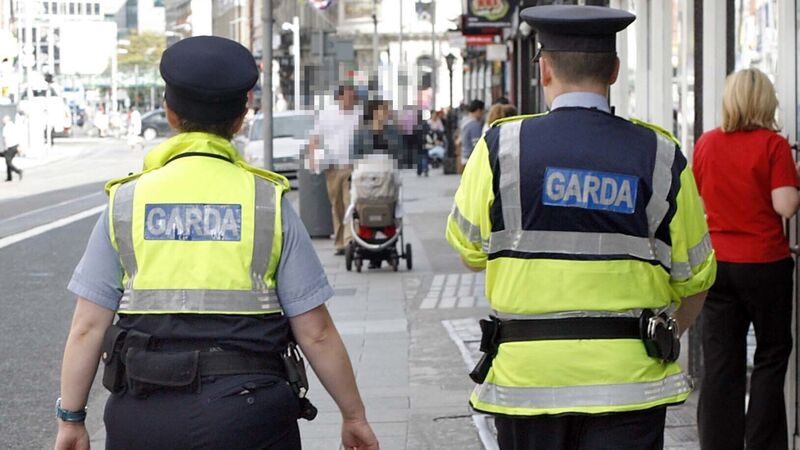Why the call for more gardaí won't solve problems of violence and anti-social behaviour

Ireland has more police per head of population than the United States, England & Wales, Australia or New Zealand. File photo: Mark Stedman/RollingNews.ie
A week ago, a tourist was injured in an alleged violent assault in the centre of Dublin, close to the city's biggest Garda station.
The public discussion related to several incidents in the capital of late has now joined a long-running debate, which began to (re-)emerge in the mid-2010s, about crime and safety within the capital, particularly the north inner city.













